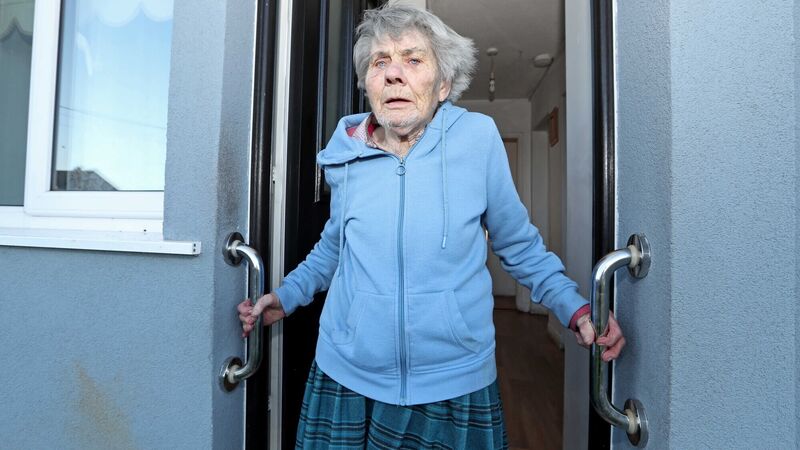Fergus Finlay: Scrap vulnerable and elderly labels and stop adding insult to injury

Mary O’Halloran called to home of her brother Gerry (79) on Boyce’s Street in Gurranabraher, Cork city, on Sunday morning, not knowing that Gerry was being held at knifepoint by an intruder. Picture: Jim Coughlan.
FIVE people were attacked over the last few days, in Sligo, Kilkenny, Kildare and Cork. Threatened, intimidated, in some cases beaten. And then, as they tried to deal with the aftermath of the attacks, they were all labelled.
The five attacks I’m thinking about were on ordinary citizens of Ireland. One man had advertised a scrambler bike for sale and came across a group of men trying to steal it from his shed. They beat him up and left him there.












